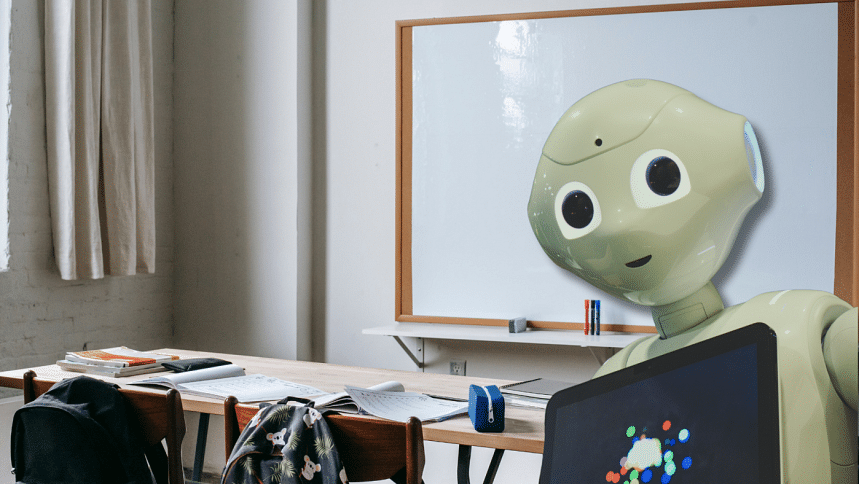Italy tests AI in schools to tackle EU digital skills gap

Italy is introducing an educational experiment by introducing artificial intelligence (AI) into its schools, as per a new program introduced by the Italian Prime Minister Giorgia Meloni. As per the government initiative, Italy is looking to bridge the gap between it and other European Union (EU) countries in terms of digital literacy - as such, now moving into the realm of AI in an ongoing effort to do so.
Italian Education Minister Giuseppe Valditara announced this week, as schools reopened across the country, that AI-assisted software would be piloted in 15 classrooms across four regions. If successful, the programme is expected to be expanded throughout Italy. The AI tools, integrated into classroom tablets and computers, will serve as "virtual assistants", aimed at enhancing learning experiences for students while offering teachers new ways to tailor education to individual needs. Few details have been released about the specific schools involved or the precise workings of the software.
According to Eurostat, the EU's statistical agency, Italy ranks near the bottom on the list of basic digital skills scores among the EU countries, performing only slightly better than Latvia, Poland, Bulgaria, and Romania. This digital skills gap is seen as a critical challenge in a world increasingly driven by technology, and the introduction of AI in schools is viewed as a potential solution.
The AI trial comes alongside another move by the education ministry to ban mobile phones in classrooms, even for educational use. Previously, Italian schools tried to integrate technology, including during the Covid-19 pandemic. But the digitisation process was difficult as more than half of Italy's teachers are over 50, according to data from the Organisation for Economic Co-operation and Development (OECD).
Italian Prime Minister Meloni has made artificial intelligence a central theme of Italy's leadership on the global stage, particularly at this year's G7 summit, which Italy hosted.

 For all latest news, follow The Daily Star's Google News channel.
For all latest news, follow The Daily Star's Google News channel. 








Comments